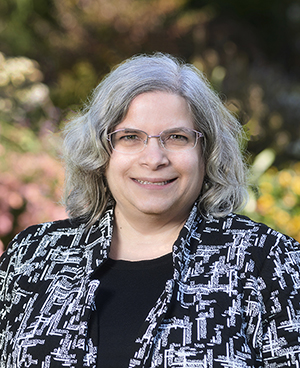Events

This Universal Design for Learning (UDL) course is self-directed and asynchronous. The course provides an introduction to the rationale for UDL, supporting research, applications of UDL. We welcome instructors and designers who embrace student variability, strive for equity, and seek to empower students. Participants will explore UDL terms, principles, structures, and applications, and ways to adapt teaching practices.
Apply anytime at the following link: https://psu.catalog.instructure.com/browse/wcfd/courses/ol-3600-universal-design-for-learning-2025. You will have 60 days to complete the course.
Facilitated by Mary Ann Tobin, this course is a collaboration between the Schreyer Institute and World Campus Online Faculty Development.
Penn State encourages persons with disabilities to participate in its programs and activities. If you anticipate needing any type of accommodation or have questions about the physical access provided, please contact SITE at site@psu.edu or call 814-863-2599 at least 2 weeks prior to the start of the program to allow sufficient time to effectively meet your access needs.

